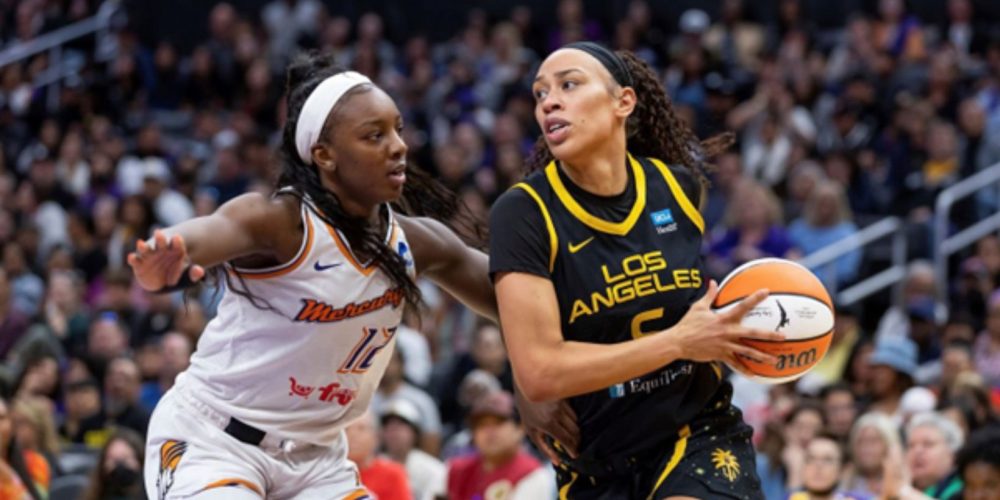The fight for equality in women’s professional sports has been a long and arduous journey. Despite significant progress in recent years, the battle for equal play and equal pay continues. This article delves into the historical context, the current state of affairs, and the ongoing challenges faced by female athletes in their quest for fairness and recognition.
If you’re looking to place bets on matches featuring female athletes, Melbet Mongolia is your go-to destination. Renowned for its comprehensive coverage and competitive odds, Melbet Mongolia offers an unmatched betting experience for fans of women’s sports.
Historical Context
The struggle for equality in women’s sports can be traced back to the early 20th century when women began to organize and participate in competitive sports. Despite societal resistance and institutional barriers, female athletes persevered. However, it wasn’t until the passage of Title IX in the United States in 1972 that women’s sports began to receive the recognition and support they deserved. Title IX mandated equal opportunities for men and women in educational programs and activities, including sports, which significantly impacted the landscape of women’s athletics.
Despite these advancements, the journey towards equality has been slow. For decades, female athletes have been paid significantly less than their male counterparts, received less media coverage, and had fewer sponsorship opportunities.

These disparities reflect broader societal attitudes toward women’s sports and the undervaluation of women’s contributions to professional athletics.
The Current State of Affairs
In recent years, the fight for equality in women’s sports has gained momentum. High-profile cases and campaigns have brought the issue of pay disparity to the forefront of public consciousness. For instance, the U.S. Women’s National Soccer Team’s legal battle for equal pay has garnered widespread support and attention. Their fight highlights the broader issues of gender discrimination and inequality in sports.
Despite these efforts, the gender pay gap in professional sports remains significant. While some sports have made strides towards equality, others lag behind. The disparity is not just in pay; it extends to prize money, sponsorship deals, and media coverage. Women’s sports are often seen as less lucrative and less deserving of investment, perpetuating a cycle of inequality.
Ongoing Challenges
The road to equality in women’s professional sports is fraught with challenges. One of the primary obstacles is the deeply ingrained societal perceptions and stereotypes about women in sports. Changing these attitudes requires a concerted effort from all stakeholders in the sports industry, including leagues, teams, sponsors, media, and fans.

Another challenge is the economic aspect of sports. The argument often made against equal pay is the revenue disparity between men’s and women’s sports. However, this argument fails to acknowledge the lower levels of investment and promotion in women’s sports, which directly impacts revenue generation. Achieving true equality necessitates addressing these systemic issues and investing in women’s sports equitably.
The Path Forward
The fight for fairness in women’s professional sports is ongoing, but there is reason for optimism. Increasing awareness and support for the cause are leading to tangible changes. Leagues and organizations are beginning to recognize the value of investing in women’s sports, both ethically and financially.
For real progress to be made, a multi-faceted approach is needed. This includes continued legal battles for equal pay, greater investment in women’s sports, improved media coverage, and cultural shifts in how we perceive and value female athletes. It also requires the next generation of athletes, fans, and leaders to continue pushing for change.
In conclusion, the journey toward equality in women’s professional sports is far from over, but the resolve and resilience of female athletes worldwide provide hope for a fairer future. Equal pay and equal pay are not just about financial compensation; they are about recognizing the value and achievements of women in sports. As we move forward, it is crucial to continue the fight for fairness, equality, and the respect that female athletes deserve.





